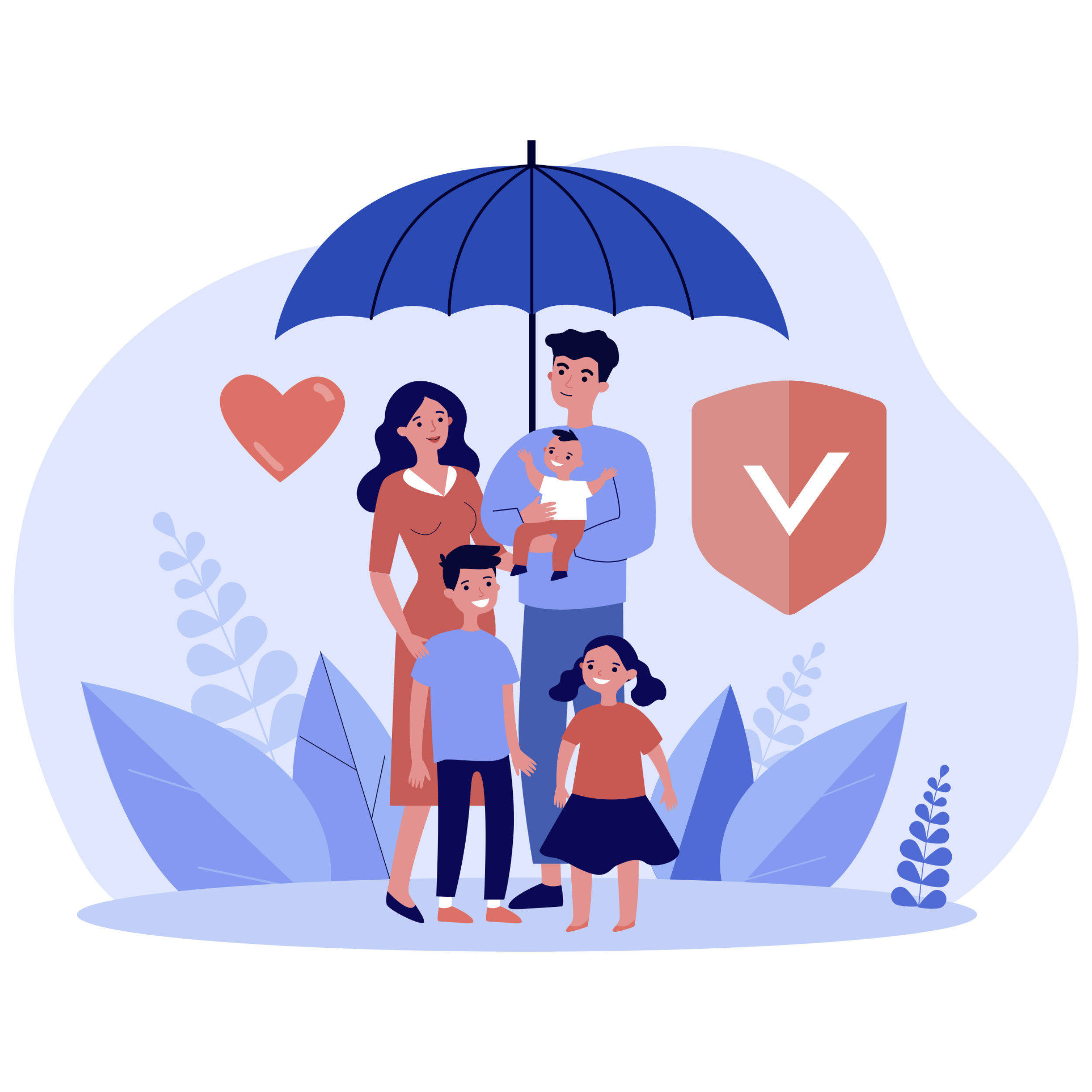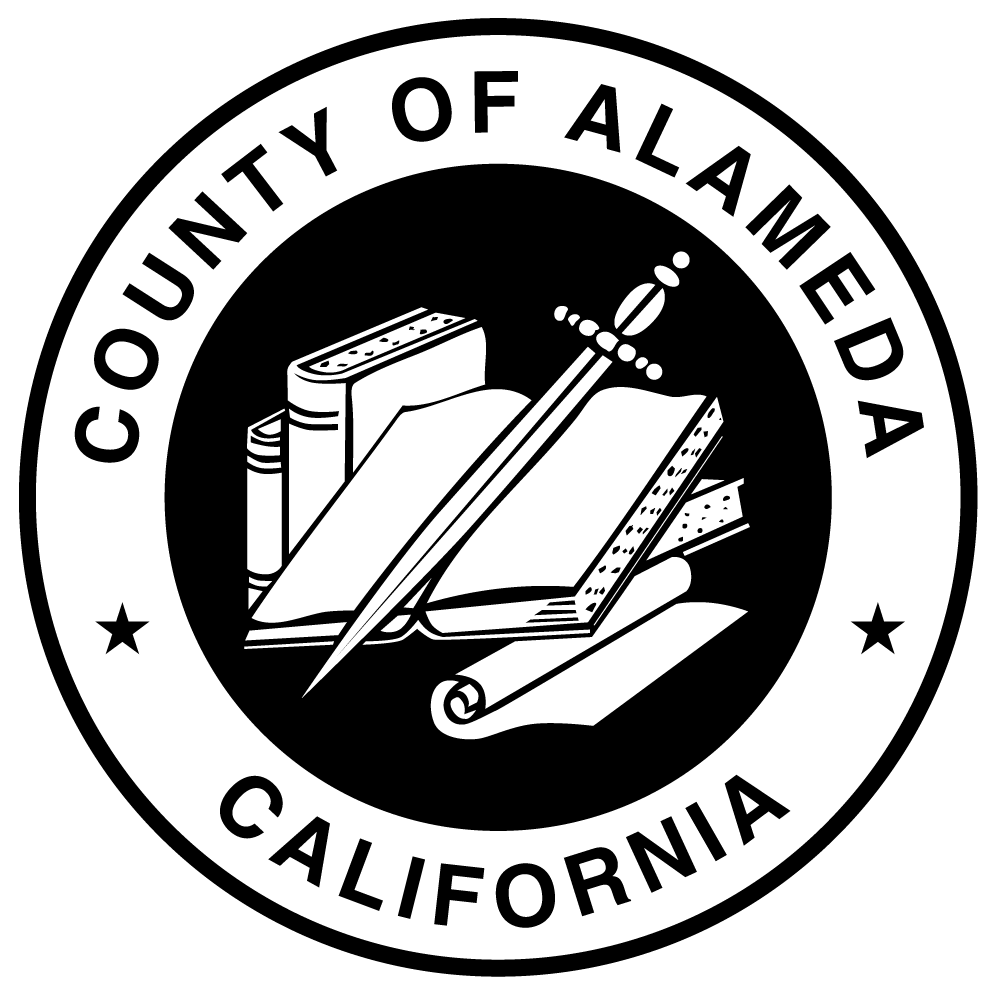Safety & Legal

The three-digit telephone number “9-1-1” has been designated as the “Universal Emergency Number,” for people living in the United States to request emergency assistance.
An emergency is defined as any situation that requires immediate assistance from the police, fire department or ambulance. Examples of emergencies include:
- A fire
- A crime, especially if in progress
- A car crash, especially if someone is injured
- A medical emergency, especially for symptoms that require immediate medical attention
When you call 911, be prepared to answer the call-taker’s questions, which may include:
- The location of the emergency, including the street address
- The phone number you are calling from
- The nature of the emergency
- Details about the emergency, such as a physical description of a person who may have committed a crime, a description of any fire that may be burning, or a description of injuries or symptoms being experienced by a person having a medical emergency
- Remember, the call-taker’s questions are important to get the right kind of help to you quickly. Be prepared to follow any instructions the call-taker gives you. Many 911 centers can tell you exactly what to do until help arrives, such as providing step-by-step instructions to aid someone who is choking or needs first aid or CPR. Do not hang up until the call-taker instructs you to do so.
- Asylum Support (11)
- Benefits Legal Support (5)
- Civil Rights (3)
- Crisis Support (13)
- Disaster Preparedness (3)
- Domestic / Intimate Partner Violence Support (18)
- Employment Legal Support (5)
- Housing Legal Support (4)
- Human Trafficking (9)
- Immigrant Rights (3)
- Immigration Legal Support (27)
- Legal (General) (5)
- Naturalization (10)
- Re-Connecting Families (8)
- Suicide Prevention (3)
- Undocumented Support (10)


